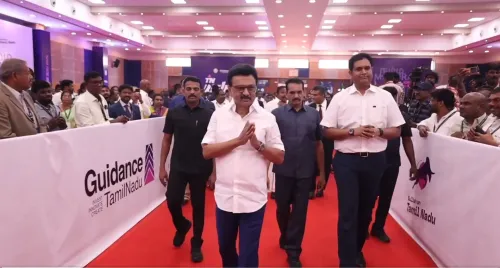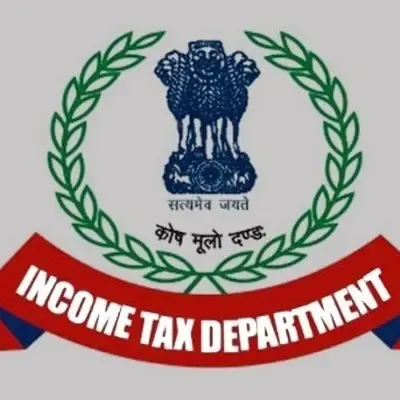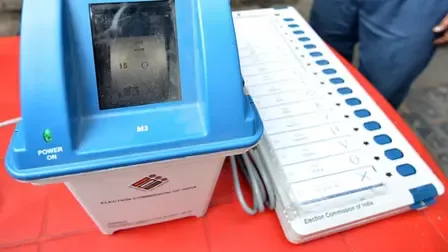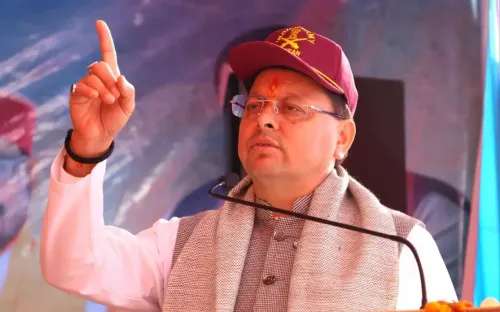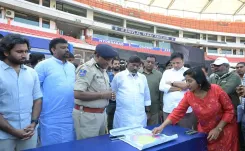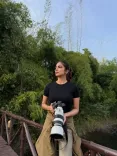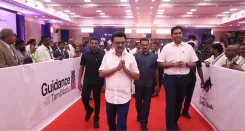Is Gujarat's 27% OBC Quota in Local Bodies Legally Justified?

Synopsis
Key Takeaways
- Legal challenge against OBC quota increase
- Concerns over constitutional validity
- Lack of public access to the Commission's report
- Implications for upcoming local elections
- Call for guidelines on OBC reservations
New Delhi, Aug 3 (NationPress) A legal challenge has been lodged in the Supreme Court against the Gujarat Local Authorities Laws (Amendment) Act, 2023, which has escalated the reservation for Other Backward Classes (OBCs) in local governance from 10 percent to 27 percent.
The petition was submitted by advocate Sudhanshu Prakash under Article 32 of the Constitution. It argues that the amendment breaches constitutional principles, lacks empirical validation, and contradicts prior Supreme Court rulings regarding reservations in local bodies.
The petitioners, including Vora Jaimin and others, noted that although the Gujarat government established a Commission led by retired Justice K.S. Jhaveri in July 2022, its report, delivered in April 2023, remains undisclosed.
“Given that the Commission's findings, which are foundational to the Amendment Act, are not publicly accessible, it suggests that the Amending Act is unsupported by any verifiable data. The absence of the report means there is no framework to evaluate the legitimacy of the reservation dictated by the Amending Act,” the petition asserts.
It claims that the state has not adhered to the “triple test” established by the Supreme Court in Vikas Kishanrao Gawali vs. State of Maharashtra, which stipulates that any OBC reservation in local authorities must be preceded by: (1) A dedicated Commission performing a thorough empirical investigation; (2) Specific reservation allocations for local bodies informed by that data; and (3) A cap ensuring that total reservations for SCs, STs, and OBCs do not surpass 50 percent.
The petition argues that the amendment seems to mechanically boost OBC reservation to 27 percent without a proper assessment of the community’s actual political backwardness or representation requirements.
“The indiscriminate application of service law percentages (such as 27 percent) to the electoral domain is not permissible,” the plea states.
The petitioners, all candidates from the unreserved category for the approaching local body elections, claim they are being unjustly barred from participating due to excessive reservation.
With elections in various Gram Panchayats and Taluka Panchayats slated for August-September, they have requested immediate intervention from the Supreme Court.
The plea seeks a directive to annul the Gujarat Local Authorities Laws (Amendment) Act, 2023, and calls on the Supreme Court to establish guidelines for evaluating OBC political backwardness to avert excessive reservations in local bodies. According to the court's published causelist, a bench led by Justices Surya Kant and Joymalya Bagchi will hear the matter on Monday (August 4).


